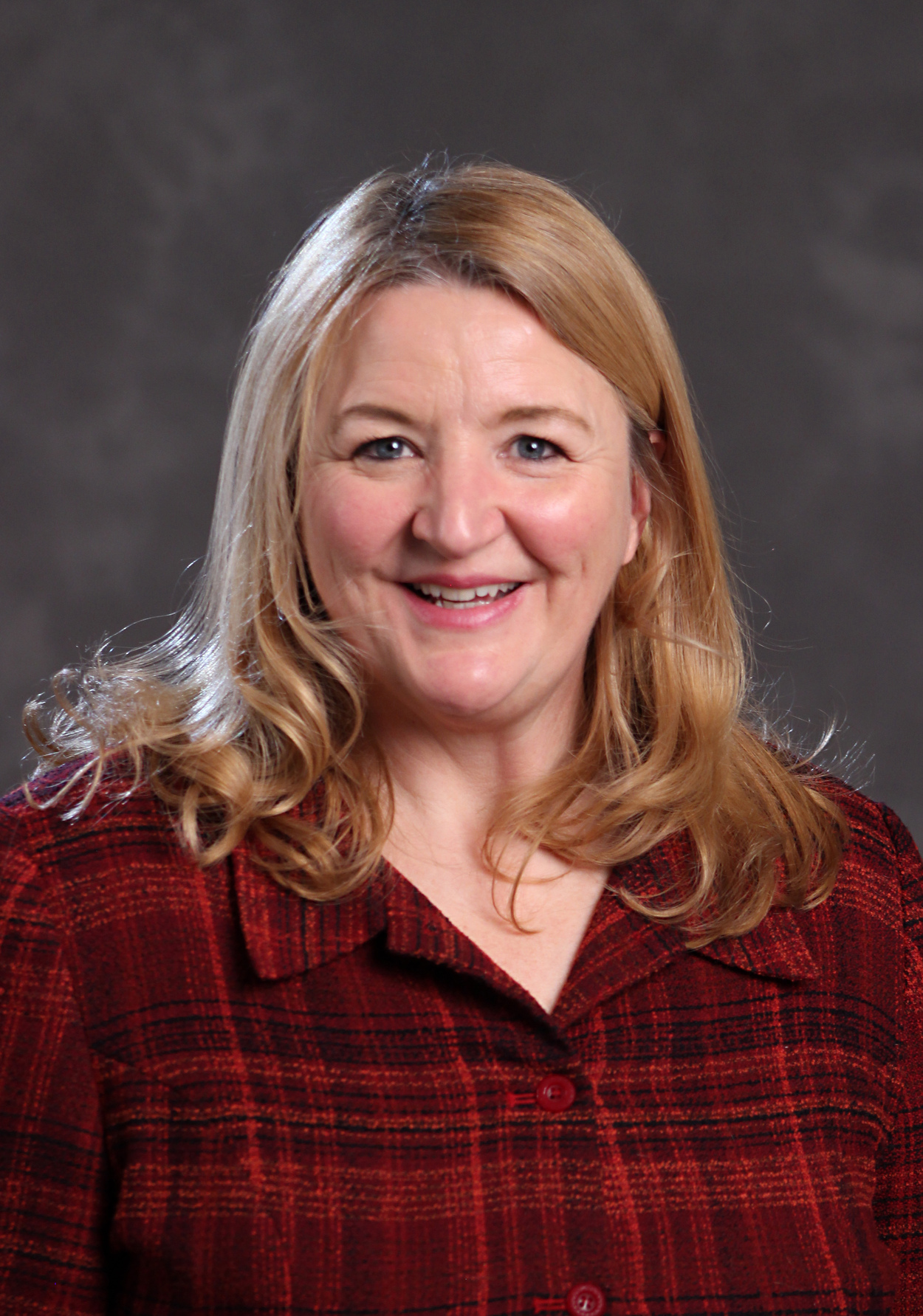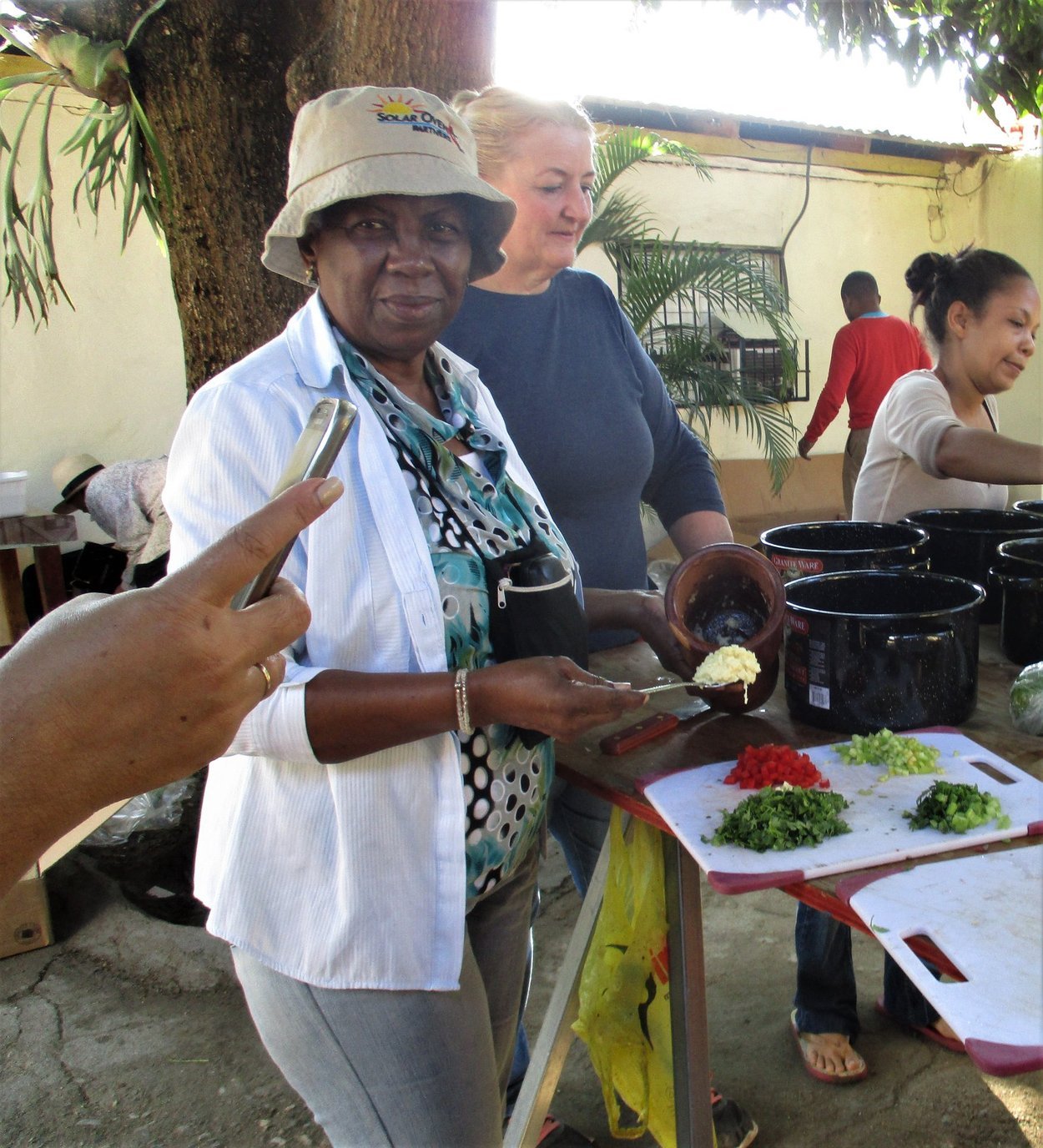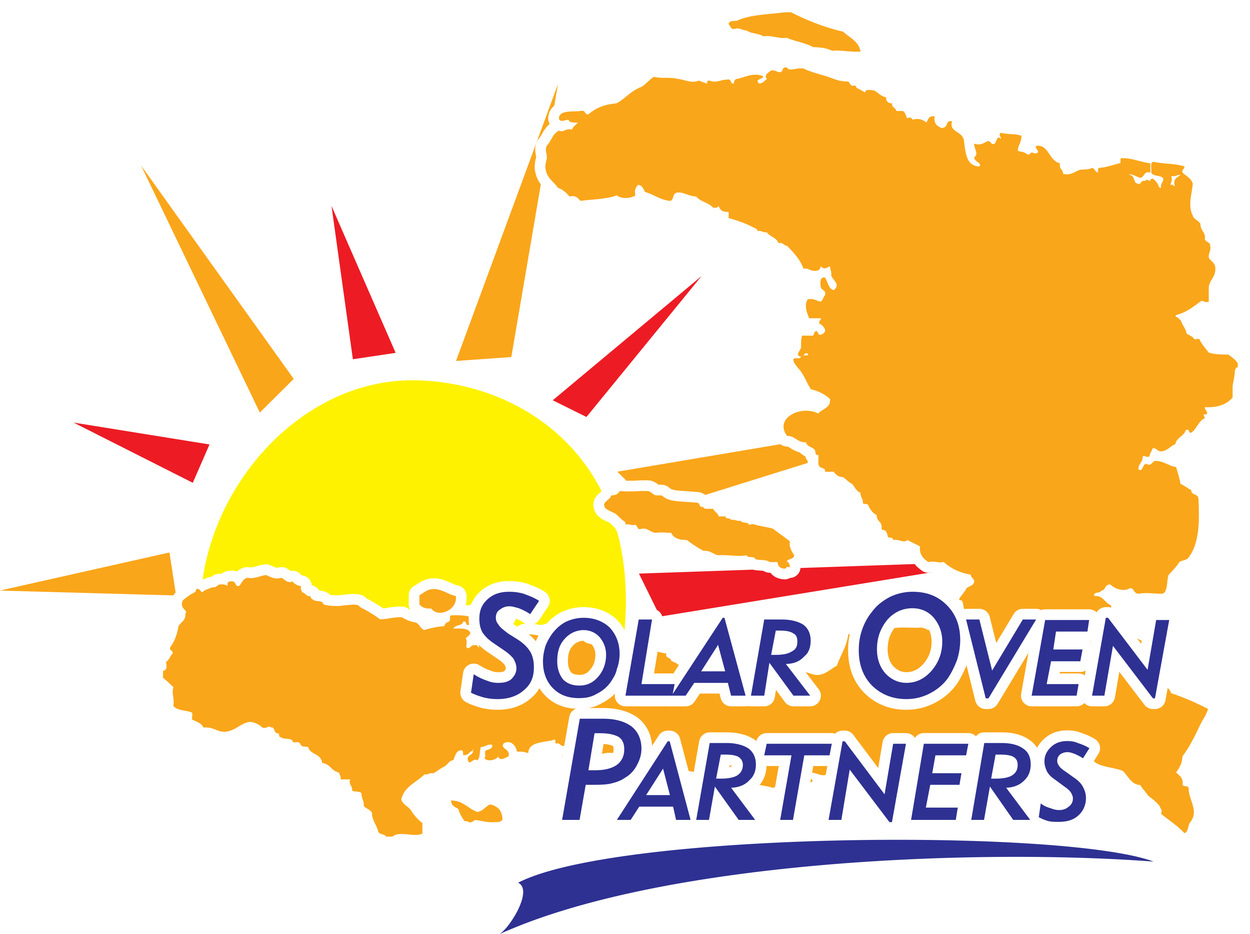
Evans-de-Carpiro leaving a strong Solar Oven Partners Ministry

Marj Evans-de-Carpio. File photo.
"Solar Oven Partners (SOP) continues as a vital ministry,” said Marj Evans-de-Carpio, who currently serves as the director for SOP. “The future for the ministry can be summed up in one word, expansion! One of the hardest things in this position is being approached by people with ministries all around the world who want us to bring our ministry to their location. There is great need and desire for what we bring.”
The mission of Solar Oven Partners is to promote well-being through solar cooking. Well-being includes physical, spiritual, financial, and environmental well-being. Evans-de-Carpio has led volunteers to accomplish that mission for the past five years, 2017-2022. In December, she will step away as director, a position she felt called to because of past experiences and longings.
In 2017, when she saw the job announcement for SOP Director, Marj openly admitted that she tried to ignore the notification.
“I tried to ignore the announcement about the opening! But I had previously read about solar cooking in the same timeframe as I was also reading about Sudanese refugees being assaulted when they left the refugee camp in search of firewood,” Marj said. “I so wanted to bring solar cooking to refugees but didn’t know anything about how to make that happen.”
Evans-de-Carpio had lived in the Dominican Republic, one of SOP’s distribution sites, for a couple of years.
“I knew the needs in the areas of health, wealth, and the environment there,” she said. “When we lived there, we incorporated a person into our family whose life story was marked by much hardship and tragedy. He grew up the son of a charcoal maker and was taken to the woods to make charcoal rather than sent to school. He had been systematically sharing his life story with me so that I, who had the privilege of going to school, could write it. Tragically, he was murdered, and we never finished our project.”
Marj applied and became the Director for Solar Oven Partners in March of 2017. “I took the job. It was a way to honor what I knew of his story—preventing other children from growing up making charcoal instead of going to school,” said Marj.
Her passion for social justice and involvement at the conference level in the Commission on Religion and Race, which at that time was working on cultural competence training, affirmed that the job was a fit.
Solar Oven Partners distributes ovens in the Dominican Republic, Sierra Leone, and the Navajo Nation. They have done a small distribution on the Rosebud Reservation and are talking about doing more there.
Volunteers fuel the ministry. Evans-de-Carpio has seen new volunteers on teams that travel to distribute the ovens and at the three workshop locations.
To date, 11,356 Solar Ovens have been delivered to three countries. In the past 20 years, 60 Volunteer in Mission teams have made the trip to those countries to train people on how to use the ovens. Each oven costs about $150 to manufacture and deliver.
The parts and the ovens are made at three workshop locations. The central workshop, where all the parts come together to be packaged and shipped, is in Raymond, South Dakota—eight miles west of Clark, 30 miles east of Redfield. The insulation workshop, where sheets of insulation are cut to the exact size of the interior of the ovens and wrapped for shipment, is in Montrose, South Dakota, west of Sioux Falls. The reflector orkshop, where a roll of aluminum is cut, bent, and riveted into the reflectors that sit atop the ovens, was recently re-located to Open Heart United Methodist Church in Rapid City, South Dakota.

Marj Evans-de-Carpio, middle, helps serve food on a Volunteer in Mission trip in the Dominican Republic. Photo from SOP's Facebook page.
Under Marj’s leadership, a survey of past oven recipients in the Dominican Republic was conducted. SOP contracted with a Dominican sociologist who designed, oversaw the administration of the study, and wrote up his recommendations based on the survey’s findings.
“This provided us information about our oven usage rates, but also what factors lead to higher rates and where and with whom to partner for oven distributions going forward,” Marj said. “The benefits of contracting with a Dominican sociologist cannot be over-emphasized. He brought insights that we would never have perceived on our own.”
The need for a solar oven is strong. The ministry will now solidify relationships and procedures in newer locations, Sierra Leone and the Navajo Nation, before expanding.
“Once we have solidified our current locations and procedures, many places—from Africa to the Americas to Asia—want us. My preference would be to go to refugee camps because in addition to the health, wealth, and environmental benefits, in refugee camps, we also would be helping to prevent assaults and the lifetime—even generations—of trauma that are a consequence,” said Marj.

What’s next for Evans-de-Carpio? Initially, she plans to go back to interpreting court and other legal proceedings and doing written translations for community organizations and legal documents. This work will allow her to work toward a longer-term goal of establishing a home in Costa Rica, where she plans to continue to work as a translator. “My husband and I are toying with the idea of building up a repertoire of children’s music to perform both here in the U.S. and Costa Rica,” she said.
Amid the tensions within The United Methodist Church, Marj points out that the need for the ministry remains. “We are an offspring of The United Methodist Church, a church that is in the process of splitting. The people and congregations that have generously supported this ministry with their prayers, presence, gifts, service, and witness will, in the future, belong to the denominations that are emerging from the split. We need to continue to be a place where all those people can continue to serve.”
Are you called to serve as the next director of the Solar Oven Partners ministry? View the job description.